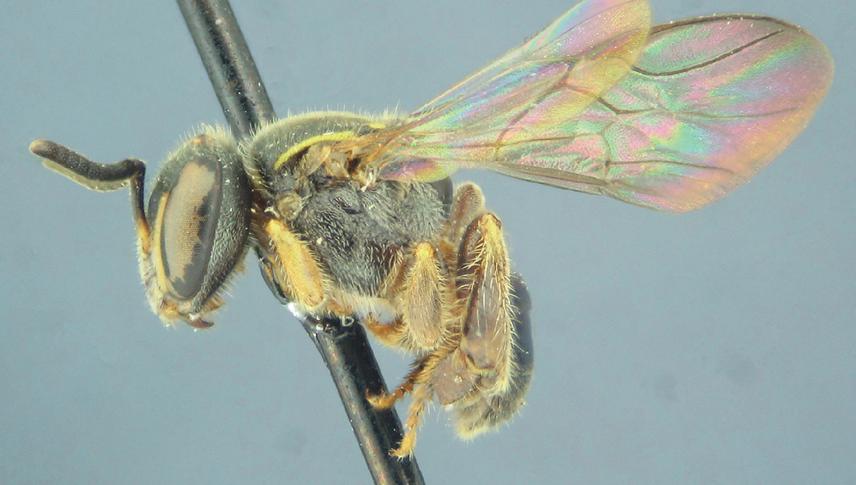Fernando Zamudio
Other projects
21 Sep 2012
Stingless Bees (Meliponini) and Palmitos (Euterpe edulis): Ecosystem Services and Conservation of Pollinators of Socio-Economic Interest in the Atlantic Forest of Misiones, Argentina
This project will gather information about stingless bee diversity in the Atlantic forest ecoregion.
Stingless bees constitute the main native pollinators of the Neotropical flora. Its honey is a source of food and medicines for peasants in Misiones, northeast Argentina. The high potential of stingless bees for crop pollination and easy breeding are currently well recognized, but the accelerated loss of the Tropical Atlantic Forest (TAF) is seriously threatening their populations.

We plan to conduct multidisciplinary research for their effective conservation. We will evaluate the richness of stingless bees and study the knowledge, uses, and management that rural people make of them. In addition, we will try out different “rational” hives in order to improve local management. This information will allow us to:
1) generate base knowledge about Meliponinae diversity;
2) evaluate the weaknesses and strengths of local meliponiculture;
3) develop beekeeping technical knowledge.
These results will constitute useful elements for environmental education and will allow us to impinge on the conservation and management of stingless bees in an integral scheme. I work in natural reserves buffer areas of north Misiones (Iguazú National Park; Uruguaí and Foerster Provincial Park) with settlers living there. In this project I will conduct interviews with key informants about stingless bees’ uses, management (harvesting and beekeeping) and biological knowledge. I will also do samplings to determine Meliponinae diversity using three different methods: pan trap stations; nest searching in trees; and hand netting. We will focus this sampling on different environments of the buffer areas. In a participatory scheme, I will work with local volunteers (30 people) who already have been beekeeping jateí (T. angustula) to try out different “rational” hives. Each volunteer will receive two different hive models; Nogueira Neto and Utrecht University-Tobago. Two workshops will be carried out with these volunteers to establish basic management knowledge and to explain the tasks to be performed. The hives will be weighed monthly in order to get the colony weight and to take additional notes over their evolution.